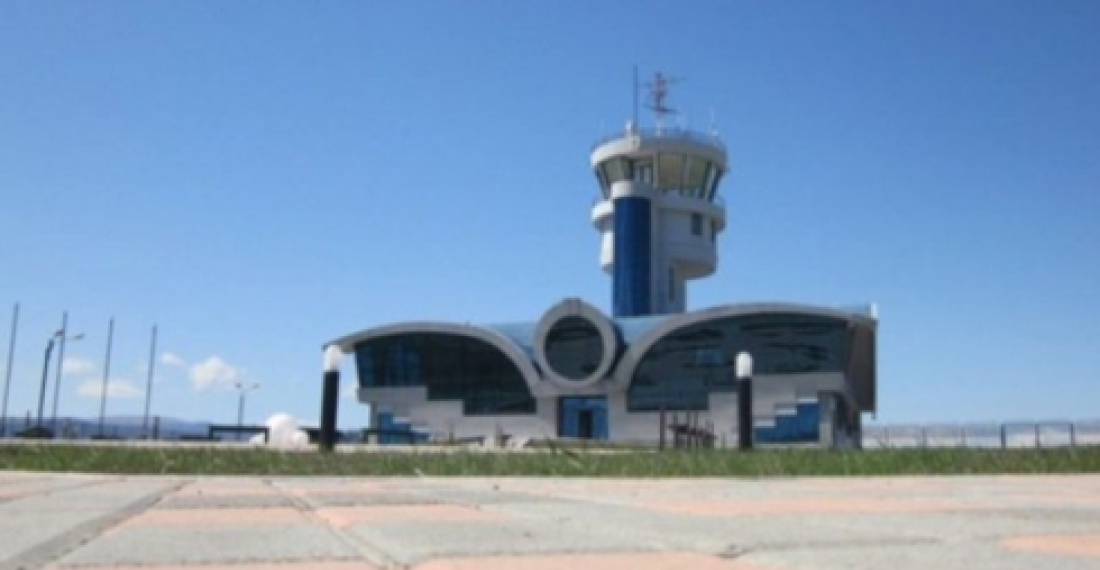The Government of Azerbaijan has repeated that the opening of Stepanakert Airport in Nagorno-Karabakh is unacceptable. The spokesman for the Ministry of Foreign Affairs of Azerbaijan Elman Abdullayev said that "Implementation of flights over the occupied territories of Azerbaijan is illegal according to international law," according to the Azerbaijani Press Agency (APA). Referring to a press statement by the OSCE Minsk Group Co-Chair representatives at the end of their visit to the region on Friday Abdullaev said that "The OSCE Minsk Group co-chairs in their statement called the sides to act in accordance with international legal norms."
In a separate statement the Azerbaijani Civili Aviation Authority said that Azerbaijan considers the airspace over Nagorno-Karabakh as its airspace and those that intrude in it as violators of that air space and appropriate action will be taken. The Authority stopped short of repeating earlier warnings that Azerbaijan will shoot down airplanes that violated the airspace over Nagorno-Karabakh.
There are indications that the opening of Stepanakert Airport is now imminent. Armenian media has been reporting for several weeks that the airport is ready for use. It is likely that the first flight will occur soon after Presidential elections in the territory which will be held on Thursday (19th July). The elections have also been condemned by Azerbaijan as an Armenian provocation.
Commonspace.eu political editor said in a comment: "It is likely that we are entering another tense period on the line of contact seperating Armenian and Azerbaijani forces around the Nagorno-Karabakh conflict zone. Azerbaijan will react if Stepanakert airport opens but within limits. In their statement last Friday the diplomats from the Minsk Group co-Chair countries tried to introduce wording that may appease Azerbaijan, but once pictures of planes flying in and out of Stepanakert airport start appearing the pressure on the government of Azerbaijan to react is going to be very high. As a member of the UN Security Council Azerbaijan will likely raise the issue in the world body but the prospect of Azerbaijan shooting down civilian planes is pretty much excluded."
source:commonspace.eu
photo: Stepanakert airport







